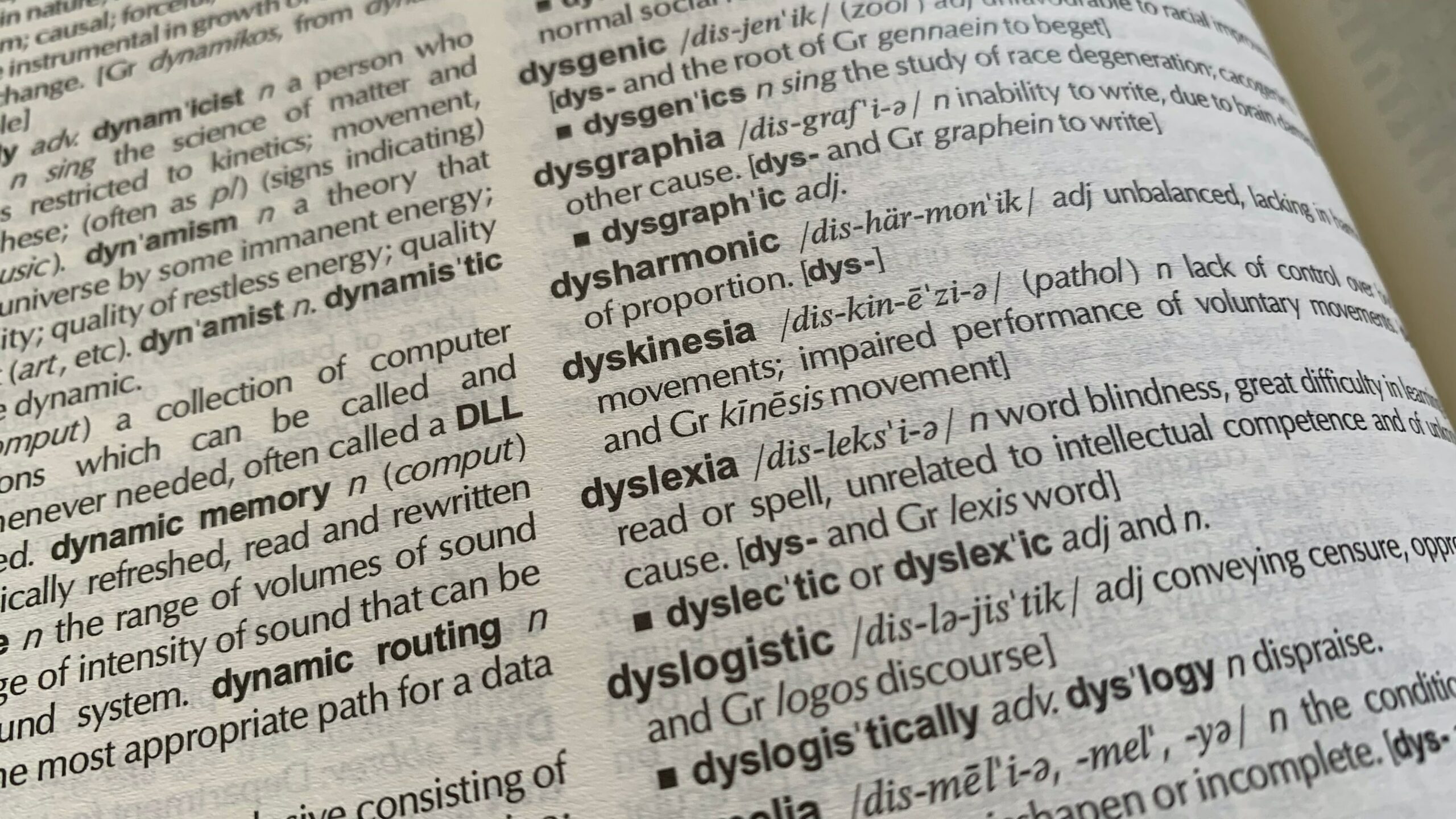Break free from misconceptions. Discover how neurological disorders such as dyslexia, dyscalculia, dysgraphia, and dyspraxia can be leveraged as assets in the workplace.
We live in an era that embraces diversity in all its forms, including neurodiversity. This term is often used to describe individuals with neurodevelopmental conditions like dyslexia, dyscalculia, dysgraphia, and dyspraxia. These conditions, traditionally seen as impairments, can actually be reframed as unique assets in the workplace. In this blog, we go beyond stereotypes to explore how these neurological differences can contribute to business success.
Neurodevelopmental Conditions
Dyslexia
Dyslexics often possess a unique set of skills that allow them to think outside the box. They tend to excel in areas like problem-solving, creativity, and spatial reasoning. Dyslexics often have a knack for spotting patterns and correlations, which can be particularly beneficial in roles related to strategy development and innovation.
Dyscalculia
Although difficulties with numbers and mathematical concepts characterise dyscalculia, individuals with this condition often develop exceptional compensatory skills. They may exhibit superior verbal communication and empathy, as they often rely on non-numerical ways to interpret and navigate the world.

Dysgraphia
Dysgraphia, a condition that affects a person’s writing abilities, can often lead individuals to excel in verbal communication as they lean more heavily on speaking to express their thoughts. They also tend to develop strong listening skills, as this is often their primary mode of information intake. These abilities can translate into effective leadership, public speaking, and customer service roles.
Dyspraxia
People with dyspraxia often struggle with coordination and motor skills but develop unique strengths in return. They are frequently detail-oriented, meticulous, and possess a strong sense of perseverance – valuable traits in fields requiring precision and tenacity such as data analysis, quality assurance, and project management.

FAQs
What is neurodiversity?
Neurodiversity is a concept that recognises and respects neurological differences like dyslexia, dyscalculia, dysgraphia, and dyspraxia as natural variations of the human brain rather than defects.
How can neurodiversity benefit a workplace?
Neurodiverse employees can bring unique perspectives, problem-solving abilities, and strengths to a team. In addition, fostering a neurodiverse workforce promotes inclusion, diversity, and innovation.
How can employers support neurodiverse employees?
Employers can provide reasonable accommodations, foster an inclusive culture, offer tailored training and support, and use inclusive language.
Conclusion
Shattering the stereotypes associated with dyslexia, dyscalculia, dysgraphia, and dyspraxia is not just about creating an inclusive workplace environment – it’s also about harnessing untapped potential. Recognising, celebrating, and leveraging the unique strengths that come with neurodiversity is a smart business strategy that fosters innovation, creativity, and diversity of thought. By reframing these differences as assets rather than deficits, we can create a more inclusive, dynamic, and successful workforce.
So let’s go beyond stereotypes and celebrate the advantages and opportunities that neurodiversity brings. Embrace the strengths that come with these differences because every mind adds value to a diverse and thriving workplace.

